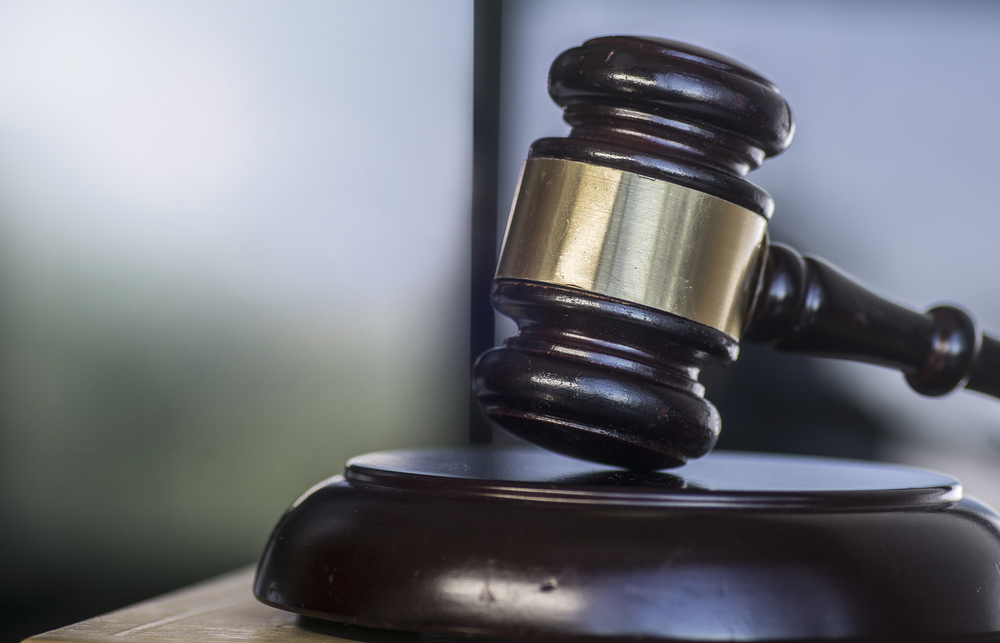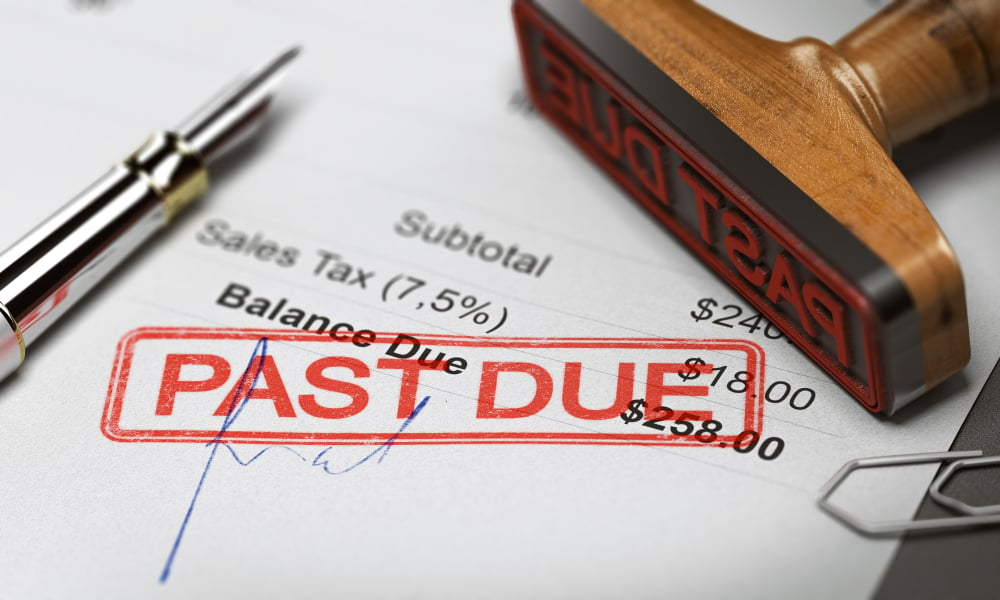
Although the terms ‘debtor’ and ‘creditor’ are seemingly straightforward, they can often be confused. It’s essential to understand the difference between debtors and creditors , as well as knowing the difference between insolvency and bankruptcy, especially for small businesses.
Debtor
A debtor is an individual or organisation that owes money to another. Debtors can be anything from an individual to a small business to a national organisation that have purchased goods or services which must be paid for. If money has been borrowed, it must be repaid over a set period of time, often including additional interest.
Creditor
A creditor is an individual, bank or other financial institution that lends money or provides goods and services to another party. When they loan money, the creditor regularly demands collateral - something pledged as security for repayment of a loan - and/or a personal guarantee - a legal promise from the debtor to repay. They do this as the sum of the money loaned can often be quite large, and therefore they are at greater risk of losing it.
What is the relationship between debtors and creditors?
The relationship between creditors and debtors is vital, especially for small businesses. This is because they affect assets and liabilities on your balance sheet and cash flow.
If you’re a business that loans money or gives payment terms, this can be counted as an asset. If your business owes a creditor money, it can seriously disrupt your cash flow if not managed correctly, or if unable to repay. This is when more serious consequences could take place, such as business insolvency or bankruptcy.

What is the difference between business insolvency and bankruptcy?
It’s common to mix up these terms, many assuming they mean the same thing. However, it’s important to understand the difference between business insolvency and bankruptcy as they hold two separate meanings.
The term ‘insolvency’ refers to the state of economic distress, while ‘bankruptcy’ is used to when a court order is issued, deciding how an insolvent debtor will deal with unpaid obligations. Therefore, bankruptcy is a type of insolvency. It happens when there is negative cash flow, or when an individual is unable to repay a loan. Other types of insolvency for companies include CVA, administration, and CVL.
Get help with business insolvency
Understanding the difference between debtors and creditors is more than just legal terminology – it’s essential for protecting your business’s future.
If you’re worried that your business could face insolvency, you are in more than capable hands with McAlister & Co. We are Insolvency Practitioners that will guide you through business recovery options, liquidation options, or general financial advice.
Contact a member of our expert and friendly team today for a free initial confidential consultation.

